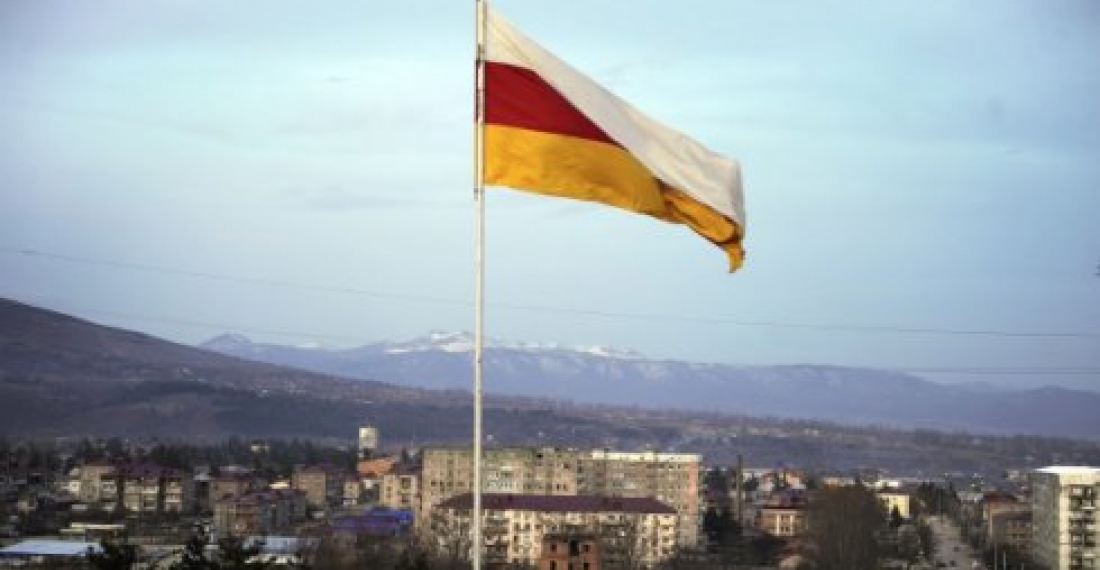South Ossetia announced on Thursday that it will seek to join the Shanghai Cooperation Organization Convention to Combat Extremism. The de facto president of South Ossetia, Anatoly Bibilov, signed the relevant documents.
Earlier on March 20, the Parliament of the self-declared republic ratified a law "On the Accession of the Republic of South Ossetia to the Convention of the Shanghai Organization for Combating Extremism".
The Shanghai Cooperation Organization Convention to Combat Extremism was signed in Astana on June 9, 2017. In accordance with Article 30 of the SCO Convention on Countering Extremism, states that are not members of the SCO can join it.
The Convention enshrines fundamental provisions on the danger of extremism as a breeding ground for terrorism, on the leading role of states and their competent authorities in countering extremism and terrorism, the need to comply with international law and the UN Charter, above all, respect for the principles of sovereignty and equality of states, non-interference in their internal affairs , condemnation of the ideology and practice of extremism in all its forms and manifestations and the inadmissibility of public appeals and incitement to extremist actions.
Commonspace.eu political editor said in a comment that "whilst joining the Convention may be seen as a harmless, even benevolent step, the move will be seen by the international community as a brazen attempt by Tskhinvali to expand its diplomatic footprint. The prospect will also be very unwelcome in Tbilisi where the Georgian government has been trying to stop any engagement of the authorities of the self-delclared republic in any international diplomatic activity, since Tbilisi sees South Ossetia as an artificial creation of Russia.
The Shanghai Co-operation Organisation has eight member states namely, China, Kazakhstan, Kyrgyzstan, Russia, Tajikistan, and Uzbekistan who were the founding members, as well as India and Pakistan. Of these only Russia has recognised the independence of South Ossetia and maintains diplomatic relations with it. Furthermore many of the other countries have their own problems with separatist entities and are unlikely to be ready to open pandora's box on this issue. This notwithstanding Tskhinvali would not have moved on this had it not got some kind of green light from Moscow. So the question arisis what is Moscow's game in this, and why now? The move also comes on top of what many consider unacceptable behaviour by the de facto authorities during the current coronavirus pandemic, including the ongoing process of borderisation, as well as dissemination of fake news and disinformation by Tskhinvali based media outlets.
Most of the world community sees South Ossetia as part of Georgia, and the Government of Georgia has designated South Ossetia as Russian occupied territory, Russia, Syria, Nicarague, Venezuela and a handful of other countries recognised the independence of South Ossetia after the 2008 Georgia-Russia War."
source: commonspace.eu with agencies
photo: A South Ossetian flag flies over Tskinvali (archive picture)






